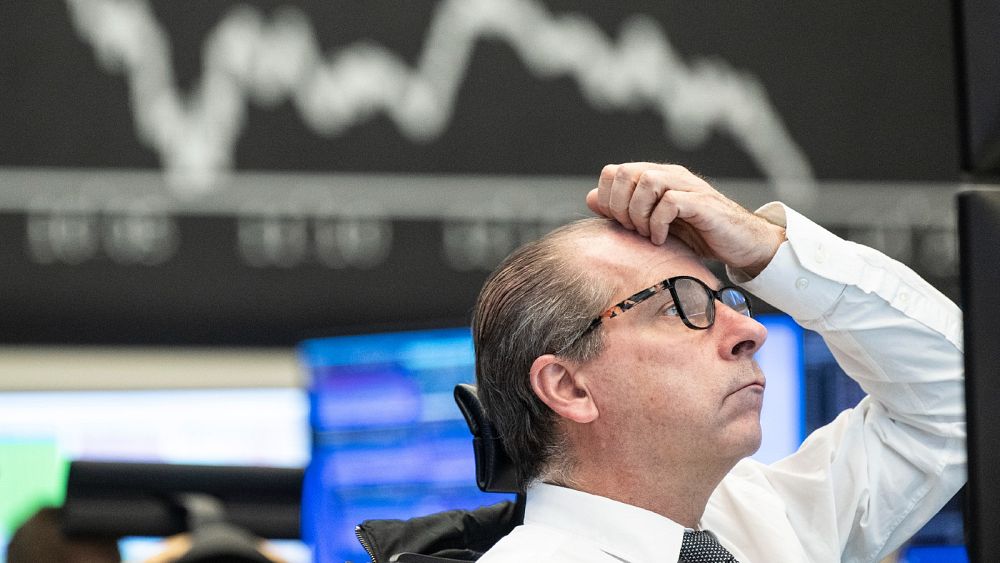
The collapse of Silicon Valley Bank (SVB), the biggest bank failure since 2008, has sparked alarm across the world as governments try to assess its impact on tech start-ups, other financial institutions and even pension funds.
On Monday, US president Joe Biden assured Americans the nation’s banking system was safe, telling them: “Your deposits will be there when you need them”.
US regulators announced steps on Sunday to protect customers and prevent more bank runs after they seized and shut down another struggling lender, crypto-friendly Signature Bank.
While SVB was the go-to lender for Silicon Valley venture capitalists and tech firms, including Etsy and Roblox, it also helped fund companies on the other side of the Atlantic, which were left scrambling to figure out how to access their deposits and manage their finances.
European stocks fell sharply on Monday, but the EU’s economy commissioner said the collapse of SVB did not pose a serious threat to Europe’s financial stability.
“I don’t think we have a real risk of contagion at the moment in Europe,” Paolo Gentiloni told reporters in Brussels, adding that the EU was “monitoring the situation in close contact” with the European Central Bank.
SVB had branches in the UK, Denmark, Germany, Sweden and Israel. So, what are these countries doing to limit the fallout?
UK
Early on Monday, the British government announced a deal had been struck with HSBC, Europe’s biggest bank, to take over SVB’s UK subsidiary for just £1 (€1.13).
The last-minute deal, negotiated over the weekend, secures deposits worth more than £6.7 billion (€7.6 billion) in a bid to protect the country’s tech sector.
Jeremy Hunt, the UK’s Chancellor (or Treasury chief), said that without this move, some of the nation’s leading tech companies could have been “wiped out”.
All of SVB UK services will continue to operate as normal and customers should not notice any changes, a statement said. The UK Treasury said no taxpayer money went into the sale.
Germany
On Monday, Germany’s financial regulator, BaFin, prohibited asset disposals and payments by SVB’s German branch and imposed a moratorium, effectively shutting it for dealings with customers.
In a statement, BaFin stressed that the German branch does not constitute a threat to financial stability. It also said SVB’s German branch was responsible for lending but did not run a deposit business in the country, so deposit insurance is not an issue.
Sweden
Sweden’s largest pension fund, Alecta, said on Monday it faced losing as much as 12 billion krona (€1.06 billion) it had invested in SVB and Signature Bank, but that its position remains “very strong”.
The collapse of both banks does not threaten Sweden’s financial stability, the country’s banking watchdog said.
Alecta was the fourth-biggest shareholder in SVB Financial Group at the end of last year, according to Dow Jones. While the bank’s depositors are expected to be able to access their funds thanks to the US government’s intervention, its shareholders are being wiped out.
Alecta is also a major shareholder in Signature Bank, which also failed, as well as in First Republic, which has seen its shares tank in recent days.
Israel
In Israel, home to a vibrant high-tech industry, hundreds of companies could be exposed to SVB’s collapse, and the government hasn’t ruled out stepping in to prop them up.
Speaking at a Cabinet meeting on Sunday, Prime Minister Benjamin Netanyahu said he and senior Israeli officials would consider “whether or not actions are necessary to assist Israeli companies in distress, mainly with cash-flow, due to the collapse of SVB”.

